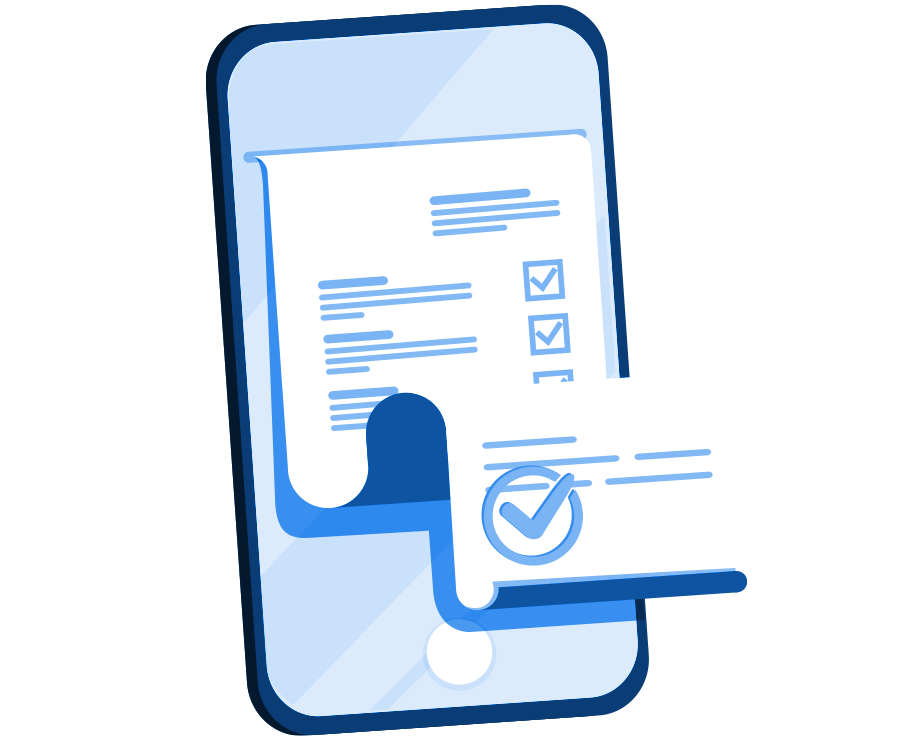Not everybody has health coverage through their job.
This is where buying individual health insurance comes in. Individual health insurance is coverage that you purchase on your own, on an individual or family basis, as opposed to obtaining through an employer. Individual health insurance can be purchased through the exchange, or off-exchange (directly from the health insurance carrier).
If you’re a young adult of 26 years of age or older, unemployed, a part-time employee, or self-employed – even retired – individual health insurance can be essential. Even a broken bone can have serious consequences on your finances without coverage. It would be prudent to have at least the bare minimum coverage available for accidents, or long-term illness.







